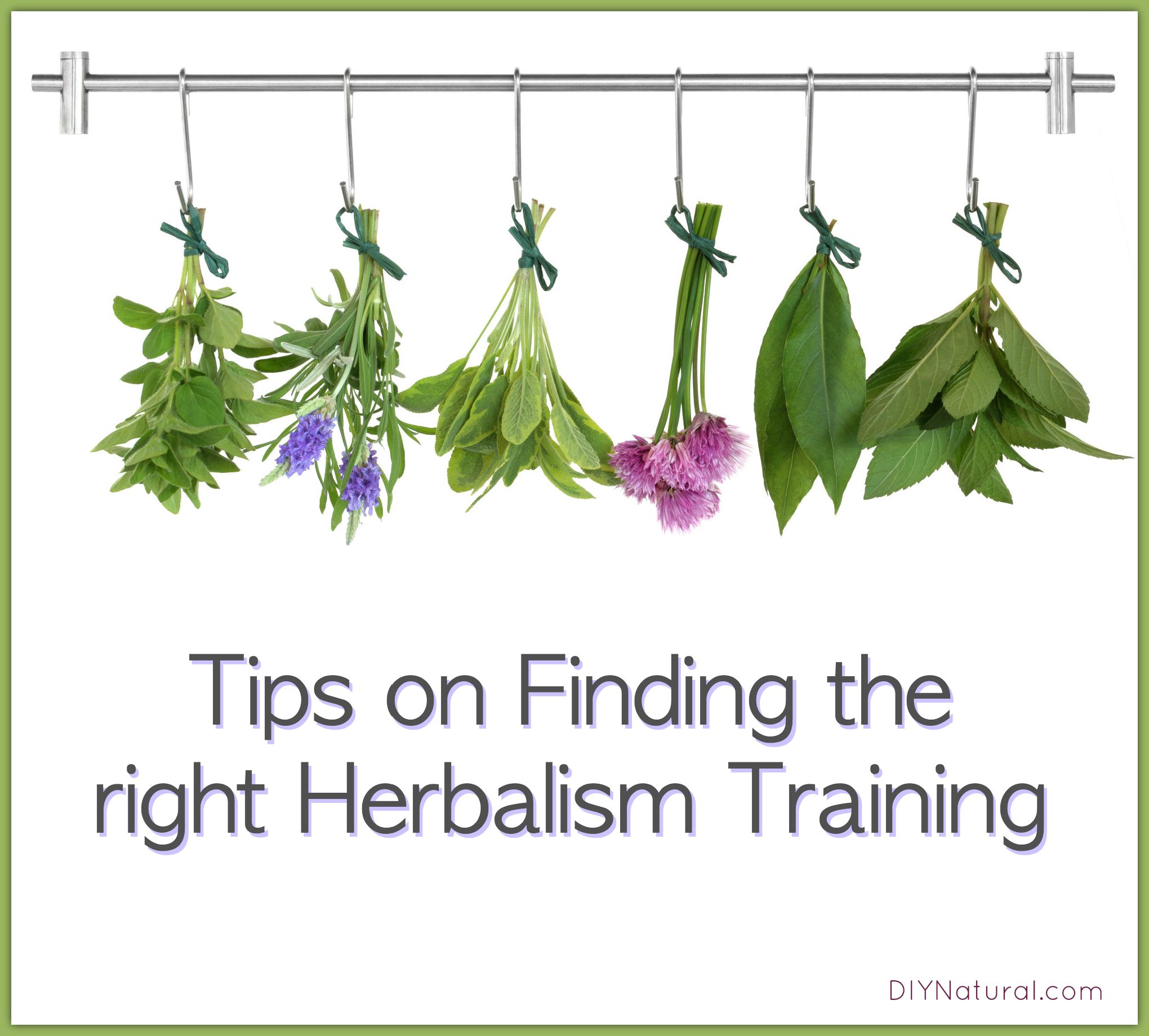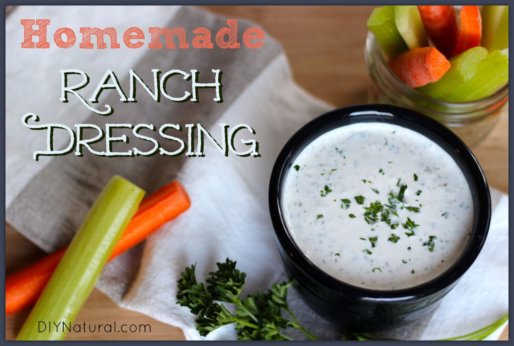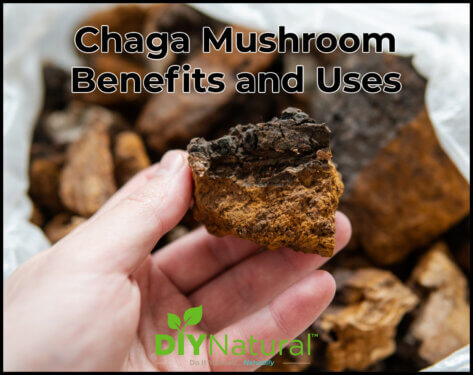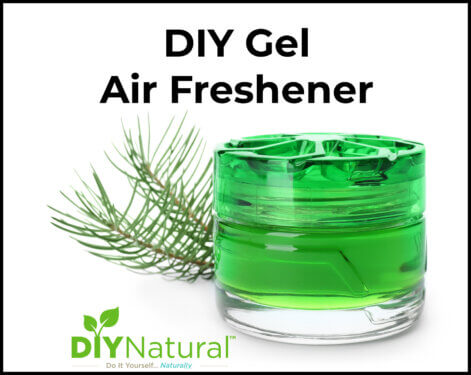
I graduated from college, with a botany degree, enough years ago that there are two digits in my class reunion advertisement, and we’ll leave it at that.
Botany isn’t like horticulture. When you graduate with a horticultural degree, it seems you are prepared to *do* something. Botany prepared me to look at the plant world with a critical eye, to do research, to marvel at the vast world of modification and design that many others overlook when they see just the “green” wall of a forest.
Somewhere along the way, while learning about how plants use the nutrition they find in our soils, I became fascinated with how we use plants for their medicinal chemicals (phytochemicals). I left college wanting to know more about the stories we tell, the way we transmit knowledge about plants as food and medicine, and the methods we use to apply these medicines in our lives.
Unfortunately, at that time, none of my professors knew of any other reliable programs where I could follow my interest. I wasn’t prepared to sink the time and money into another degree. This left a number of years in search on the internet. I eventually found Rosemary Gladstar who was the right combination of science and folklore for me. Her’s was a program that continued my education while stretching me in a new direction.
These days I run my own apprentice programs and certify people, from all walks of life and all professional backgrounds, on a higher education level. I appreciate the students who interview me first before investing their time and energy. I respect that they desire to know if I am a right fit for their goals. Over the years I have developed some advice on the questions you might ask about someone you are considering as a teacher.
Finding the Right Herbalist School for You
What is the teacher’s background?
In my case, I have a college degree in plants. This informs how I teach. This would be in contrast to someone who was taught by a grandmother in folk wisdom, or someone who is interested in the herbs from a particular religious or spiritual affiliation. You must pick the person who speaks your brain and heart “language” so that you can most effectively assimilate the knowledge you receive.
What is his/her teaching style?
Is it hands on? Are they entirely focused on ceremony and folklore or clinical herbal skills? I sought a balance when I wanted to learn and I continue to try to teach it this way, but you must find the teacher that fits you best.
What is covered in the price of the program?
Are classes in your area, or are you traveling? How long will you be there? Will you be fed? Will you have a place to stay? Do you get a certificate or diploma of any kind?
What are the teaching facilities like?
Is there a commercial kitchen on-site? Is there a place to make medicine? Is it a working farm that grows medicinal herbs or is it a spiritual retreat? Are they applying their knowledge in a local clinic or providing for farm animals? The place where you go to study is often important if you know what you would like to do with your education. If you know you want to grow herbs, a farm that is doing it rather than providing theoretical teaching may be better for you.
More Helpful Tips
In the end, there are MANY great herbal teachers across the country and around the world. Go to herbal conferences and sit in on talks from different teachers to get to know their styles. Go to www.americanherbalistsguild.com and search member herbal schools.
All of us who are out here teaching have something unique to offer and the key is finding just the right person to nurture your calling. None of the teachers available are “bad” or “wrong,” they just might not all fit you. Look until you find your best mentor and then go, go, go!
*******




Very good info. Lucky me I ran across your website by accident (stumbleupon).
I’ve bookmarked it for later!
I am genuinely delighted to read this website posts which includes plenty of useful
information, thanks for providing these kinds of statistics.
Hi, its nice article on the topic of media print, we
all be familiar with media is a enormous source of information.
Wow, this piece of writing iis fastidious, my younger sister is analyzing these kinnds of things, therefore I am going to convey her.
Hurrah! At last I got a weblog from where
I be capable of actually obtain valuable data concerning my study and knowledge.